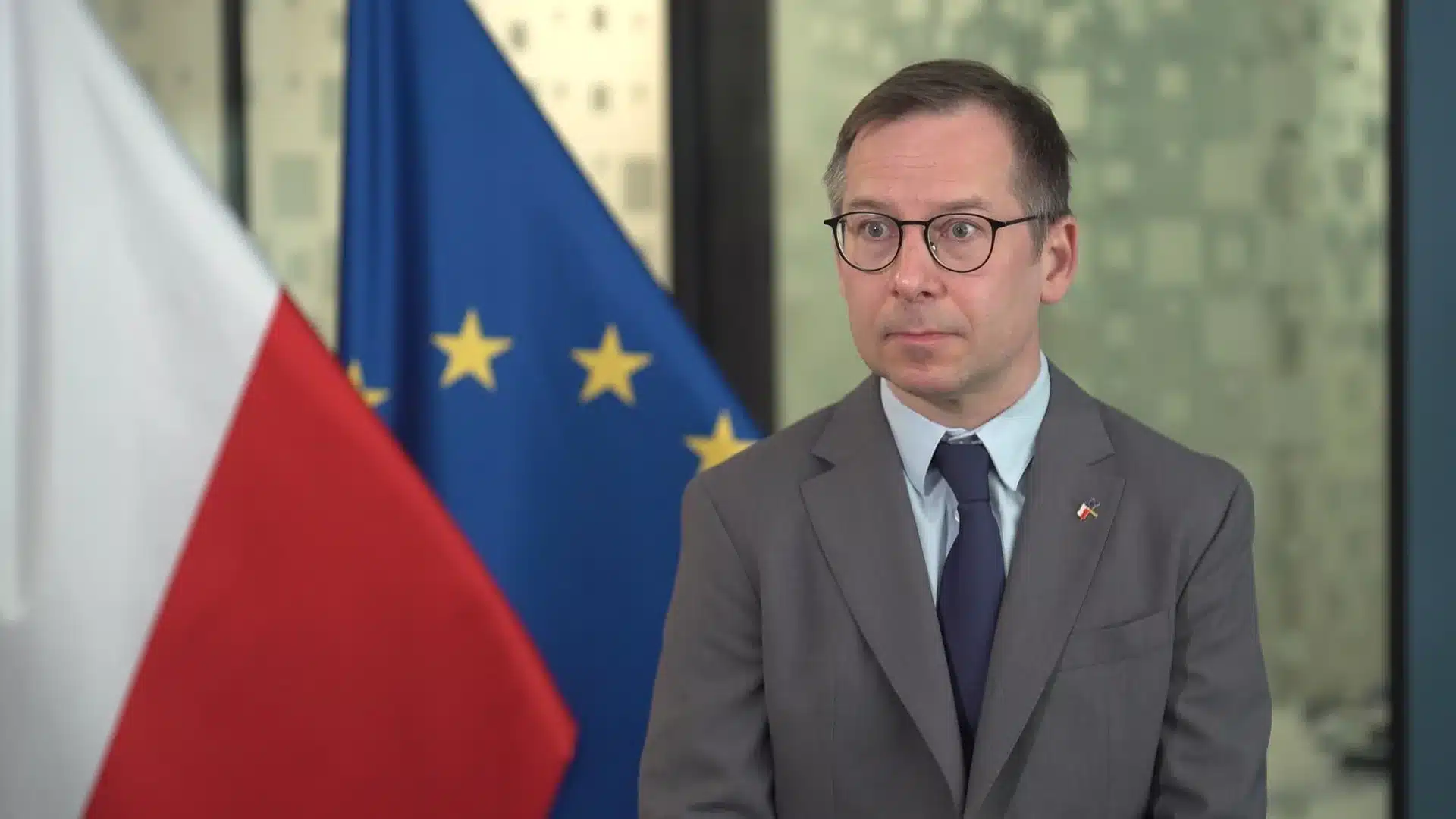It is unlikely that the new European Commission will radically change direction on many key issues following the June European Parliament elections. This primarily applies to the European Green Deal. Among the priorities that Brussels will certainly continue in the new term are cybersecurity and digitalization within the Union. In Poland, the European Parliament elections will be held on Sunday, June 9.
In June, EU citizens will elect their representatives to the European Parliament (EP). In Poland, the elections will take place on Sunday, June 9. One consequence of the new EP term is the appointment of a new European Commission (EC), the EU’s executive body responsible for the EU’s day-to-day policy and overseeing the work of all its agencies. It also manages the EU’s funds. After the elections, its members will need to identify the challenges and priorities that Brussels will pursue in the coming years. According to European policy experts, significant changes are not expected. Many flagship initiatives and actions will continue into the new term.
“From my perspective, many topics currently being pursued by the Commission will be continued by the upcoming new Commission. These include continued solidarity with Ukraine, energy issues, and the move away from relying on energy resources from less trustworthy countries. The transition from fossil fuels in Europe, cybersecurity, digitalization, and the European Green Deal are topics I assume will be continued by the next Commission as well,” says Bartłomiej Balcerzyk, acting director of the European Commission Representation in Poland, to Newseria Biznes.
This means that the highly contentious European Green Deal will continue to be a focus of the European Commission, and the upcoming elections are unlikely to change this significantly. However, experts do not rule out some adjustments due to agricultural protests and dissatisfaction among parts of the public.
“I don’t expect any radical changes to the European Green Deal based on my knowledge. However, the Commission is listening to agricultural demands and is working to make it easier for farmers to meet the requirements of the European Green Deal because we see that ultimately, it will benefit farmers. For example, addressing drought issues,” says the expert.
Brussels has already withdrawn some proposals regarding pesticide use. It also appears that requirements that could increase bureaucracy will be reduced. Despite these changes, a sudden shift in European climate policy is unlikely.
“Ultimately, the fundamental challenges that the European Green Deal aims to address remain,” added Bartłomiej Balcerzyk.
Another frequently discussed topic is the so-called building directive and issues related to energy efficiency. Here, too, a significant reversal is not expected.
“As part of the move away from fossil fuels, one EU action under the European Green Deal is energy conservation, so significant funds, including those from Poland’s National Recovery Plan, will be allocated to what can be called building thermomodernization,” notes the acting director of the European Commission Representation in Poland.
Experts have no doubt about Brussels’ continued support for war-torn Ukraine. The EU’s unwavering solidarity with this country is one of the current European Commission’s priorities, and it is unlikely to change.
“Maintaining a positive approach to helping Ukraine is a challenge not only for the Commission but also for the entire political class and member states of the European Union. We understand in the Commission that countries not directly affected by this issue may have a different perspective on solidarity with Ukraine compared to the Baltic states, Poland, or Sweden, for example. But through building strong coalitions and convincing those we still need to persuade, we hope that the immense solidarity shown by member states and EU institutions over the past few years will be maintained,” assesses Bartłomiej Balcerzyk.
According to the European Commission, since February 24, 2022, the start of Russia’s full-scale aggression against Ukraine, the EU has provided a total of €98.5 billion in support to Ukraine.
